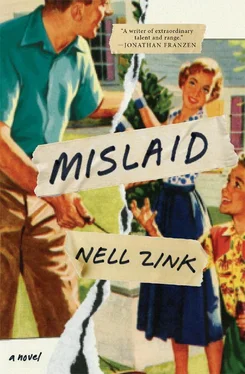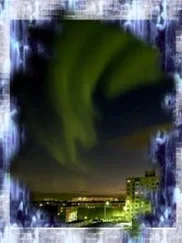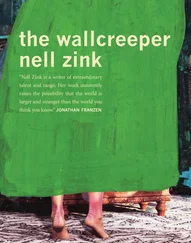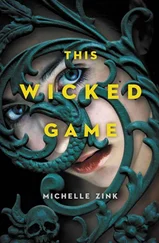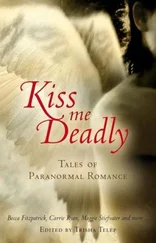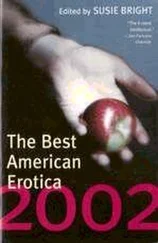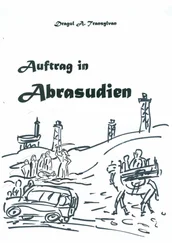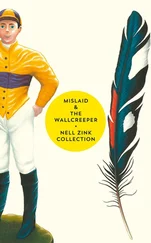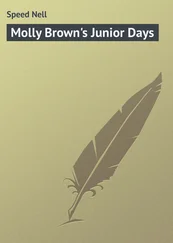My life would be harder
without the magnificent collective
Zeitenspiegel Reportagen,
to whose members and supporters
I gratefully dedicate this book
. . among the rabble — men,
Lion ambition is chain’d down—
And crouches to a keeper’s hand—
Not so in deserts, where the grand—
The wild — the terrible conspire
With their own breath to fan his fire.
— E. A. Poe, “Tamerlane”
S tillwater College sat on the fall line south of Petersburg. One half of the campus was elevated over the other half, and the waters above were separated from the waters below by a ledge with stone outcroppings. The waters below lay still, and the waters above flowed down. They seeped into the sandy ground before they had time to form a stream. And that’s why the house had been named Stillwater. It overlooked a lake that lay motionless as if it had been dug with shovels and hand-lined with clay. But the lake had been there as long as anyone could remember. It had no visible outlet, and no docks because a piling might puncture the layer of clay. Nobody swam in the lake because of the leeches in the mud. There was no fishing because girls don’t fish.
The house had been a plantation. After the War Between the States it was turned into a school for girls, and after that a teachers’ college, and in the 1930s a women’s college. In the 1960s it was a mecca for lesbians, with girls in shorts standing in the reeds to smoke, popping little black leeches with their fingers, risking expulsion for cigarettes and going in the lake.
The road from the main highway forked and branched like lightning. You had to know where Stillwater was to find it. Strangers drove to the town of Stillwater, parked their cars, and walked around. They thought a college ought to be impossible to miss in a town that small. But people in Stillwater didn’t think you had any business going to the college if you didn’t know where it was. It was a dry county, and so small anyway that most businesses didn’t have signs. If you wanted even a haircut, or especially a drink, you had to know where to find it. The biggest sign in the county was for the colored snack bar out on the highway, Bunny Burger. The sign for Stillwater College was nailed to the fence by the last turnoff, where you could already see the outbuildings.
The main house faced the lake. The academic buildings and the dorms were behind the main house around a courtyard. All the girls lived on campus. From the loop road, little dirt tracks took off in all directions, leading to the faculty housing where the station wagons sat crooked in potholes under big oak trees.
The reason strangers came looking for Stillwater was a famous poet. He had a job there as an English professor, and was so well respected that other famous poets came all the way to Stillwater to read to his classes. Tommy, the smartass owner of the white snack bar in town, called them “international faggotry” and always asked them if they wanted mayonnaise with their coffee.
Peggy Vaillaincourt was born in 1948 near Port Royal, north of Richmond, an only child. Her parents were well-off but lived modestly, devoting their lives to the community. Her father was an Episcopal priest and the chaplain of a girls’ boarding school. Her mother was his wife — a challenging full-time job. This was before psychologists and counseling, so if a girl lost her appetite or a woman felt guilty after a D&C, she would come to Mrs. Vaillaincourt, who felt important as a result. The Reverend Vaillaincourt felt important all the time, because he was descended from a family that had sheltered John Wilkes Booth.
The Vaillaincourts had a nice brick mansion on campus. Peggy went to the local white public school to avoid a conflict of interest. Her mother had gone to Bryn Mawr and regretted not sending Peggy to a better school. “Can’t you imagine a college that’s academically a little more intellectual?” she asked Peggy. “What about Wellesley?” But Peggy wanted to go to Stillwater.
It came about like this: Her PE teacher, Miss Miller, had said something about her gym suit, and Peggy had realized she was intended to be a man. Gym suits were blue and baggy, but as you got older, they were less baggy and sort of cut into your crotch in a way that was suggestive of something, she didn’t know what. Miss Miller had stood in front of her and yanked her gym suit into position by pulling down on the legs. She placed her big hands around Peggy’s waist and said something to the effect that her gym suit had never fit her right and never would.
She had felt close to Miss Miller since the day she fell down in third grade and knocked out a tooth. Miss Miller dragged her to the bathroom to wash the blood off her mouth, and the tooth went down the drain. “There goes a nickel from the tooth fairy,” Peggy had said. Miss Miller dug into her pocket and produced a quarter. No other adult had ever given her so much money all at one time. The scene was stuck indelibly in the child Peggy’s mind. Her allowance was nine cents — a nickel and five pennies, of which she was required to put one in the collection plate.
Realizing that her girlhood was a mistake didn’t change her life immediately. She could still ride, play tennis, go camping with the scouts, fish for crappie, and shoot turtles with a BB gun. Around age fourteen, it got more complicated. She informed her best friend, Debbie, that she intended to join the army out of high school. She knew Debbie from Girl Scout camp. Debbie was from Richmond, a large and diverse city. “You’re a thespian,” Peggy heard her say. “Get away from me.” Debbie picked up her blanket and moved to the other side of the room. Then Peggy’s life changed. Debbie had taught her to French kiss and dance shoeing the mule, knowledge that was supposed to arm them for a shared conquest of debutante balls. And now this. Betrayal. Debbie never spoke to her again. Peggy told her mother.
“A thespian,” her mother said, bemused. “Well, darling, everybody gets crushes.” Her mother was from the generation that thought a girl’s first love is always a tomboyish older girl. She gave Peggy Cress Delahanty to read. It was counterproductive. “You are not, absolutely not, going to join the army. Do you hear me? You are going to college. Get this out of your system. You’ll laugh at yourself someday.” Her mother suspected her of having a girlfriend already, and sent off for brochures about early admission to Radcliffe. She didn’t believe in coeducation, but her daughter’s plight called for desperate measures.
But Peggy didn’t have a girlfriend. Once she accepted an invitation from Miss Miller to a barbecue at the state park. There were only women there and no other girls. She recognized the woman everybody said was the maintenance man at the elementary school. It was indirectly her fault that Peggy thought of “man” as a job title. They were playing softball and taking it really seriously, hitting the ball so hard you could get hurt. Peggy left the party to play horseshoes with kids from the Baptist church instead and get a ride home on their bus.
She began paying more attention to the thespians at school. They were fat girls and nice boys with scarves around their necks under their shirts. She auditioned for a part in Our Town and didn’t get it. Afterward the drama club went to the drugstore for milkshakes, and the director, a senior, explained to her about lesbians. He chuckled and shook his head a lot. Everybody else laughed so loud that Peggy felt inconspicuous, despite the topic. His voice was almost a whisper. “You and your friend Miss Miller are bull dykes. You should go to dyke bars in Washington. Or Stillwater College.”
Читать дальше
Конец ознакомительного отрывка
Купить книгу
